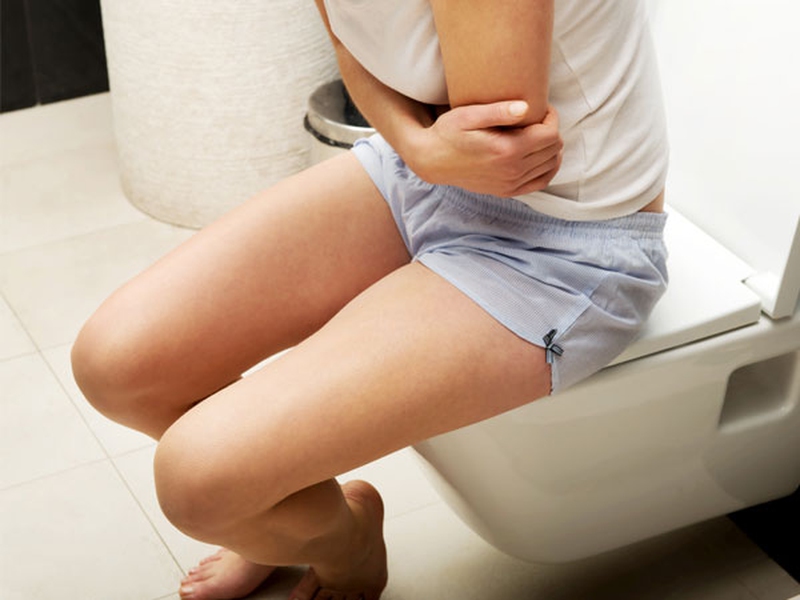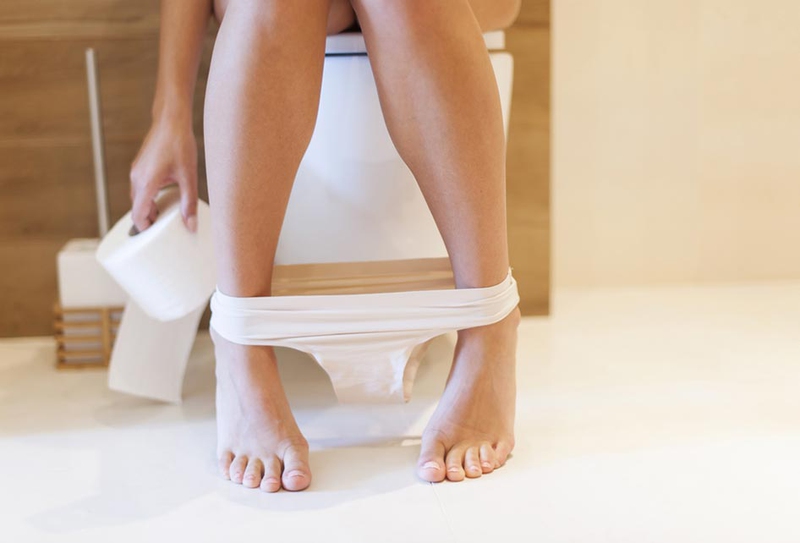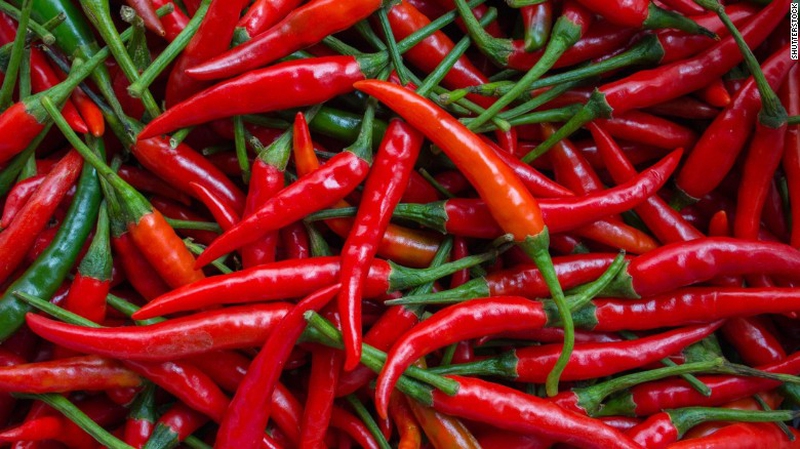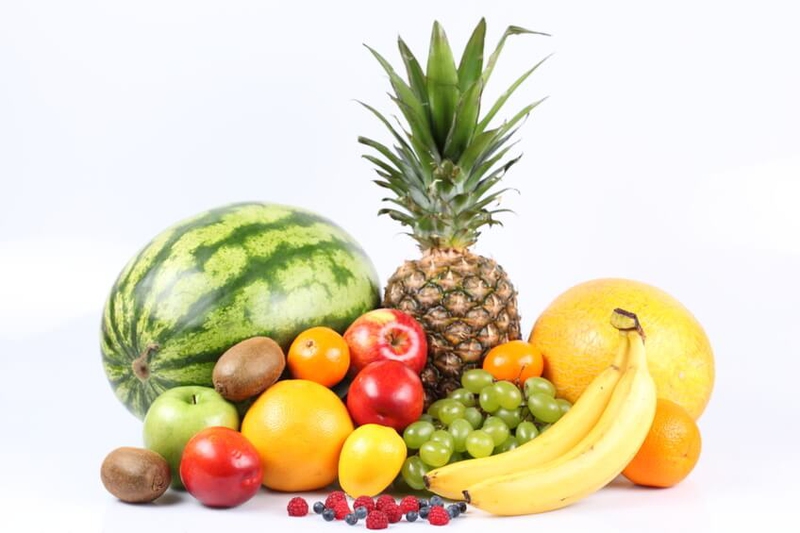Anal discomfort is a quite common experience that everyone faces at some point. There could be various digestive issues behind it, particularly the intake of spicy food or a bout of gastroenteritis. This anal itching or pain is usually faced after a bowel movement. In more severe conditions, hemorrhoids, anal fissures, constipation and diarrhea are the common issues that leave you with pain after taking a dump.
Occasional happening of this burning sensation in the anal area is not something to be worried about. You consult a doctor if you are experiencing the symptoms like rectal bleeding, stool with blood, mucus, chronic constipation or diarrhea in a persistent form.

Why Do I Have Pain After Bowel Movement?
Proctitis
Proctitis is the inflammation of the anus area. This anal issue causes great discomfort in the sensitive anal area. It not just causes pain as the stool passes, it also results in other severe conditions like bleeding, sometimes a discharge, improper and incomplete bowel movement, cramping while bowling and involuntary spasms.
Causes of Proctitis
Sexually transmitted diseases are the most common reasons behind proctitis. And the most common victims of it are the homosexual men or those indulged in oral or anal intercourse with more than one partner. Some other causes include a reaction to some antibiotic medicine, a radiation or side effect of some medicine, placing of some unhygienic object in the rectum or a reaction of some harmful chemical.
Symptoms of Proctitis
You always feel like having a full rectum. As a result, you always have an urge to pass the stool. But you couldn’t.
You suffer from constipation.
Feeling of irritation in rectum area
A weird feeling of tenderness in the anal.
Some severe symptoms include:
Pus and bleeding with the bowel movement.
You feel severe cramps and pain after bowel movement.
Treatment of Proctitis
Let’s have a look at the possible ways of treating it.
If it’s a sexually transmitted organism that has caused the infection, you are most likely to be treated with some antibiotics.
You can be suggested to use (and you must use!) condoms while engaging in high-risk sexual activity.
Those who are suffering from proctitis because of inflammation (ulcerative colitis), can be treated with different medications including steroids.
If your proctitis has turned into a chronic disease, you might undergo a surgical procedure.
Anal Fissures
An anal fissure can be explained as a tiny cut or tear on the rim of the anal. Regular passing of a hard and constipated stool or an irritating anus, can leave that area with these tiny tears. Even small-sized tears cause extreme pain in that specific part. Patients also experience blood spots with stool or on the toilet paper. In women, childbirth is the most common reason of these fissures. Other than this, anal intercourse or insertion of some unhygienic object in anus can also be the reason behind it. Normally, these anal fissures get cured on their own. In some cases, they last as long as a month or even more. If you continue to have that bleeding and pain after bowel movement, consult your doctor for any possible medical procedure.
Hemorrhoids or Piles
It’s another extremely painful condition of the anus. Many times, this condition is confused with anal fissures. But there is a difference, not only in the symptoms but also in the treatment. Piles are caused by the chronic constipation and severe form of diarrhea. Both of these conditions cause the inflammation and weakening of anal veins. Normally, a patient of piles experiences rectal bleeding after every bowel movement. Piles involved a lot of itching, burning and discomfort. Unlike anal fissures, in piles, the pain continues throughout the day.
Some Other Reasons
Spicy Food Items
Normally, it starts from too much intake of spicy food. After every bowel movement, you experience an itching and burning sensation in anus. Capsaicin in chili pepper and a lot of other spices are a big reason of these painful anal experiences. In some cases, spicy food causes diarrhea and too much passing of stool causes irritation or infection in the anus.
Poor Hygiene of Sensitive Areas
Improper wiping or washing of the anus after each bowel movement can pile up a lot of problems for you. The remains of fecal matters bring humongous amount of bowel bacteria. All of it causes itching and irritation in the anal mucosa.
What Others Say and How They Treat It
“I am 6.5 week pregnant and have been facing quite a terrible condition for the past couple of weeks. My intestinal disease caused me a lot of trouble while passing a stool. It was such a painful experience. But now I have found an easy way out. Now I opt for a squatting position instead of sitting directly on the toilet seat. It makes the bowel movements easier and smoother.”
“The best way to avoid the pain after bowel movement is to avoid constipation. Keeping your colon hydrated can make a lot of difference. Just drinking pure water is not enough. Try to intake water-enriched fruits and vegetables. Don’t keep storing it all inside you, opt for regular bowel movement to clear it out. Or else, you’ll have to face constipation.”
“Kegels is a great exercise for getting rid of this painful condition. Kegel not only strengthens your pelvic muscles but also helps recovering from the issues like hemorrhoids.”
“For irregular bowel movements, one tbsp. of konsyl with one cup of cold water or apple cider in the night, is the safest way to keep your large intestine hydrated. Using magnesium citrate twice a day helps a lot in softening the stool.”
“I had to undergo some changes in my toilet routine to resolve the issue of this painful condition. I would like to share them with all. Don’t sit too long waiting for the bowel. Opting for a squatting position can make things easier. Opt for front to back wiping technique. And lastly, wash and pat dry the anal area after wiping it out.”



View All Comments /Add Comment